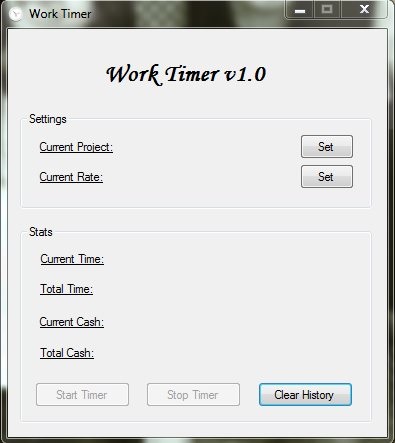

Japan’s unforgiving work culture may have helped turn it into an economic superpower, its corporate foot soldiers revered in the rest of the world for their commitment to the company, but this has often been to the exclusion of everything else. But working in Japan involves quite a lot of a volunteer spirit. It is a worker’s right to take paid vacations. The move, to be debated in the current parliamentary session, comes after companies started encouraging employees to nap on the job to improve their performance.īy the end of the decade, the government hopes that, if passed, the law will push Japanese employees towards following the example set by British workers, who use an average of 20 days’ paid annual leave, and those in France, who take an average of 25. Whatever one’s reasons are, working extra hours is a choice in Japan.Īnd if you ever find yourself in a situation, where you are being forced to work extra or/and without compensation, seek help right away.New employees sing the company song at a firm in Tokyo in 2013.

Extra hours) won’t eventually get preferential treatment. It is naive to think that people who make constant sacrifices (e.g. There are many reasons to work late, responsibility, financial gain, or simply wanting to get ahead. You have probably seen people with their shirt sleeves rolled up and ties loosened staring at computer screens or grouped up in front of whiteboards well past working hours even if you have never been to Japan. Japanese working hours don’t differ that much from western countries. There are clauses in some employment contracts, but usually, it is a ‘no’.Īnd again, only a ブラック企業 (black kigyo), a black company (a company with an exploitive employment system) would force you to work overtime. Can the company force you to work overtime? The details of overtime pay should be in your work contract. Only companies of questionable nature would not pay for overtime work. Sometimes new Japanese transfer workers need to be told to go home on time because the companies that fail to abide by the strict labor laws will get high fines. That is why many Japanese workers feel it is irresponsible or wrong to leave before the day’s work is done.īut what about other countries? Do Europeans careless about their work?įor example, in Germany, overtime is strictly regulated. Hard work and taking responsibility are encouraged at an early age. Japan’s high quality of life and general economic prosperity is a product of its contemporary cultural values. But the reason is not as simple as it seems. Despite some of the unfortunate deaths, burnout is not as common as portrayed. The term ‘過労死 (karoshi)’ or death by overwork gets thrown around a lot. Think of this as working towards finishing a project or a job. With this system, you might do four hours one-, but eighty the other week. With fixed and flexible systems, you are likely doing five, eight-hour days a week. For the sake of the example, let’s say the working week consists of 40 hours. Think the usual 9:00AM to 5:00PM in Europe or the US.Ī not so common system is the Discretionary labor system (裁量労働制度 sairyo rodo seido). You can’t manipulate the hours like with the Flexi one. The other familiar system is the fixed system (固定時間制度 kotei jikan seido). And now, flexible working hours, mostly help to fit work around life.


The dawn of ‘telework’ has done an even better job of it. Starting a little earlier or a little later helped reduce congestion just enough to make rush hour bearable. The idea of flexible working times won favor because of the sheer volume of people commuting all at once during the usual office hours. The flextime for most employees means shifting the work day by an hour either way.


 0 kommentar(er)
0 kommentar(er)
